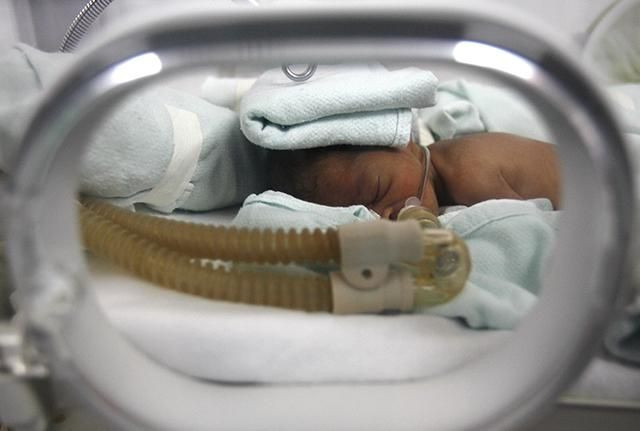IVF Pregnancies Are More Likely To Result In Stillbirth, Preterm Birth, Low Birthweight, Or Neonatal Death

Couples struggling with infertility often turn to assisted reproductive therapy in an effort to start the family of their dreams. A study out of the University of Adelaide’s Robinson Institute found that pregnancies conceived with assistance such as in vitro fertilization (IVF) are more likely to end in stillbirth, preterm birth, low birth weight, or neonatal death, compared with natural pregnancies.
"More research is now urgently needed into longer term follow-up of those who have experienced comprehensive perinatal disadvantage," said lead researcher Professor Michael Davies from the University of Adelaide's Robinson Institute. "Our studies also need to be expanded to include more recent years of treatment, as the technology has been undergoing continual innovation, which may influence the associated risks."
Davies and his colleagues from the university combed through over 300,000 South Australian births, including 4,300 that were conceived with assistance. After the babies were born, researchers compared adverse birth effects, such as stillbirth or low birth weight, against methods of infertility treatment, including IVF, intracytoplasmic sperm injection (ICSI), ovulation induction, and cryopreservation of embryos.
Single births that were conceived through assistance were twice as likely to result in a stillbirth or preterm birth, three times more likely to produce an infant of low birth weight, and twice as likely to die 28 days after having been born. ICSI assisted births were less likely to end with adverse health complications through the use of frozen embryos; however, these types of births were at an increased risk of macrosomia, also known as big baby syndrome.
"These outcomes varied depending on the type of assisted conception used. Very low and low birth weight, very preterm and preterm birth, and neonatal death were markedly more common in births from IVF and, to a lesser degree, in births from ICSI," Davies said in a press release.
According to the Centers for Disease Control and Prevention, 6.7 million women in the United States between the ages of 15 and 44 have been diagnosed with an impaired ability to become pregnant or carry a baby to term. Conditions that affect a woman’s ovaries, fallopian tubes, or uterus are likely to cause female infertility.
One out of every eight infants is born prematurely and one out of every 160 pregnancies ends in stillbirth. Infants born weighing less than five pounds and eight ounces are considered to be of low birthweight. These pregnancy complications leave the child at risk to further health concerns as they get older including disrupted neurological development and musculoskeletal disorders.
Published by Medicaldaily.com



























